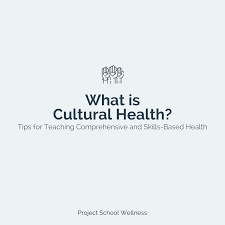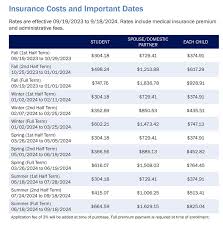Empowering Lives: Overcoming the Challenges of Cancer
The Fight Against Cancer
Cancer is a complex and devastating disease that affects millions of people worldwide. It is characterized by the uncontrolled growth and spread of abnormal cells in the body, leading to various health complications.
There are over 100 different types of cancer, each with its unique characteristics and treatment options. Common types include breast cancer, lung cancer, prostate cancer, and skin cancer. Early detection plays a crucial role in successful cancer treatment, highlighting the importance of regular screenings and check-ups.
Advances in medical research have led to significant progress in the fight against cancer. Treatment modalities such as surgery, chemotherapy, radiation therapy, immunotherapy, and targeted therapy have improved survival rates and quality of life for many patients.
Supportive care services, including palliative care and psychological support, are essential components of comprehensive cancer care. They help patients manage symptoms, cope with emotional challenges, and improve overall well-being throughout their treatment journey.
Preventive measures such as maintaining a healthy lifestyle, avoiding tobacco use, limiting alcohol consumption, protecting against sun exposure, and getting vaccinated against certain viruses can reduce the risk of developing cancer.
Despite significant advancements in cancer research and treatment, challenges remain in tackling this formidable disease. Continued investment in research, access to affordable healthcare services, early detection initiatives, and public awareness campaigns are essential in the global effort to combat cancer.
As we stand united in the fight against cancer, it is crucial to support individuals affected by this disease with compassion, understanding, and hope. Together, we can make a difference in improving outcomes for those battling cancer and strive towards a future free from the burden of this illness.
5 Essential Tips for Reducing Cancer Risk and Promoting Health
- 1. Maintain a healthy lifestyle with regular exercise and balanced diet.
- 2. Avoid tobacco and limit alcohol consumption to reduce cancer risk.
- 3. Stay informed about cancer screenings and get checked regularly.
- 4. Protect your skin from harmful UV rays by using sunscreen and wearing protective clothing.
- 5. Seek medical advice promptly if you notice any unusual changes in your body.
1. Maintain a healthy lifestyle with regular exercise and balanced diet.
Maintaining a healthy lifestyle with regular exercise and a balanced diet is a crucial tip in the fight against cancer. Engaging in physical activity not only helps to maintain a healthy weight but also boosts the immune system and promotes overall well-being. A balanced diet rich in fruits, vegetables, whole grains, and lean proteins provides essential nutrients that support the body’s natural defense mechanisms against cancer development. By prioritizing regular exercise and healthy eating habits, individuals can reduce their risk of cancer and improve their overall health outcomes.
2. Avoid tobacco and limit alcohol consumption to reduce cancer risk.
Avoiding tobacco use and limiting alcohol consumption are crucial steps in reducing the risk of developing cancer. Tobacco contains harmful chemicals that can damage cells in the body and increase the likelihood of cancer formation, particularly in the lungs, mouth, throat, and other organs. Similarly, excessive alcohol consumption has been linked to an increased risk of various types of cancer, including liver, breast, and esophageal cancer. By making healthy lifestyle choices and avoiding these harmful substances, individuals can significantly lower their chances of developing cancer and promote overall well-being.
3. Stay informed about cancer screenings and get checked regularly.
Staying informed about cancer screenings and prioritizing regular check-ups is crucial in the proactive management of one’s health. By staying up-to-date on recommended screening guidelines for various types of cancer, individuals can detect any potential abnormalities at an early stage when treatment is most effective. Regular screenings empower individuals to take charge of their health and increase the likelihood of early detection, ultimately improving outcomes and enhancing overall well-being.
4. Protect your skin from harmful UV rays by using sunscreen and wearing protective clothing.
To reduce the risk of skin cancer, it is crucial to protect your skin from harmful UV rays. One effective way to achieve this is by applying sunscreen with a high SPF before going outdoors and reapplying it regularly, especially after swimming or sweating. Additionally, wearing protective clothing such as wide-brimmed hats, sunglasses, and long-sleeved shirts can provide added defense against UV radiation. By taking these simple yet important precautions, you can safeguard your skin and lower the chances of developing skin cancer.
5. Seek medical advice promptly if you notice any unusual changes in your body.
Seeking medical advice promptly is crucial if you notice any unusual changes in your body, as early detection plays a critical role in the successful treatment of cancer. Whether it’s a new lump, persistent pain, unexplained weight loss, or any other concerning symptom, consulting a healthcare professional can lead to timely diagnosis and appropriate intervention. Don’t hesitate to address any changes that seem out of the ordinary, as proactive action can significantly impact your health outcomes and overall well-being.



